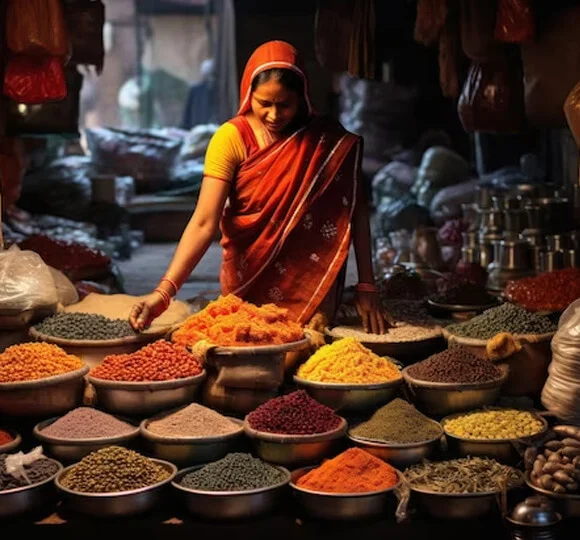
Empowering Women, Empowering Communities
We recognize the invaluable contributions of women to society and are committed to creating an environment where women can realize their full potential and exercise their rights with dignity and autonomy.
Through our women empowerment initiatives, we strive to address systemic inequalities, promote gender equality, and provide women with access to education, economic opportunities, healthcare, and support services. By fostering a culture of empowerment and inclusion, we empower women to become a change in their communities and beyond.
Here are some key aspects of women empowerment in India:
Education: Education is a fundamental aspect of women's empowerment. Over the years, there has been a significant increase in female literacy rates in India. Government schemes like the Sarva Shiksha Abhiyan and Beti Bachao, Beti Padhao aim to promote girls' education and bridge the gender gap in literacy.
Employment Opportunities: Economic independence is crucial for women's empowerment. Efforts have been made to increase women's participation in the workforce through initiatives like the Mahatma Gandhi National Rural Employment Guarantee Act (MGNREGA) and various skill development programs. However, there are still challenges related to wage gaps, occupational segregation, and access to formal employment opportunities.
Political Participation: Political empowerment is essential for ensuring women's voices are heard in decision-making processes. The reservation of seats for women in local governance bodies (Panchayati Raj Institutions) has led to increased women's participation in politics at the grassroots level. Additionally, campaigns like "Beti Bachao, Beti Padhao" and "Save the Girl Child" aim to address gender-based discrimination and promote equal opportunities for girls.
Legal Reforms: Legal reforms play a crucial role in addressing gender inequality and promoting women's rights. Laws such as the Protection of Women from Domestic Violence Act, the Dowry Prohibition Act, and the Sexual Harassment of Women at Workplace (Prevention, Prohibition, and Redressal) Act provide legal protection and recourse for women facing various forms of discrimination and violence.
Healthcare: Access to healthcare services is vital for women's empowerment. Initiatives like the National Health Mission focus on improving maternal and child health, family planning, and reproductive healthcare services. However, challenges such as maternal mortality, gender-based disparities in healthcare access, and cultural barriers to healthcare utilization persist.
Social Norms and Cultural Practices: Addressing deep-rooted social norms and cultural practices that perpetuate gender inequality is essential for women's empowerment. Campaigns and awareness programs aimed at challenging stereotypes, promoting gender equality, and ending practices like child marriage, dowry, and female foeticide are crucial in this regard.
NGO Initiatives: Non-governmental organizations (NGOs) play a significant role in advancing women's empowerment through grassroots interventions, advocacy, and community mobilization. These organizations work on various fronts, including education, healthcare, economic empowerment, legal aid, and awareness-raising campaigns.
Despite progress, challenges such as gender-based violence, unequal access to resources, and cultural barriers persist, highlighting the need for continued efforts and collaboration among government, civil society, and communities to advance women's empowerment in India.